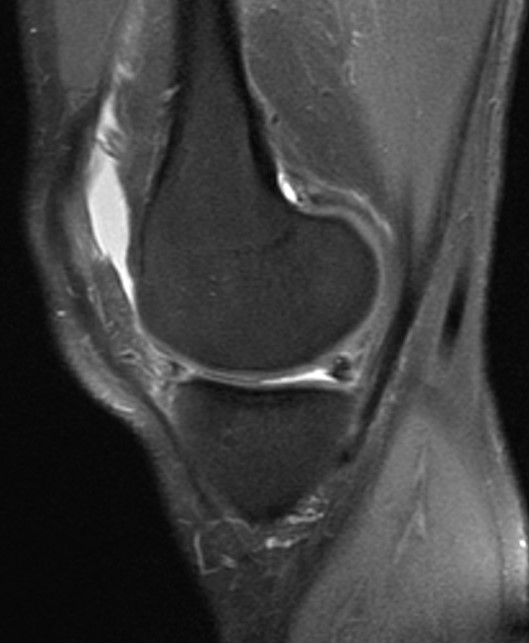
I am a 32 year old male who injured his knee in high school weightlifting (squats). It went un-diagnosed until this last week. MRI results revealed a torn meniscus (the exterior), and osteoarthritis. My orthopedic doctor has recommended Euflexxa to manage the OA and prolong the life of my knee before surgery (hopefully) decades down the line. He also recommended PT for strengthening and stability exercises.
I am physically active- running, HIIT, weightlifting (avoid heavy squats), yoga. My knee is not usually a problem- no prolonged pain, some discomfort or swelling after strenuous activity. The major problem occurs only occasionally. Lateral or twisting movements or awkward positions (sitting cross-legged or “Indian style”), can cause the joint to slip, requiring me to lock my knee out, or pull it in, to realign the joint. This is generally only mildly painful, but about a month ago, it wouldn’t realign and caused rather severe pain for 1-2 days. This prompted the doctor visit and subsequent MRI.
So my question is, essentially, concerning the recommended treatments. Is Euflexxa right for someone my age and condition (I do not have daily pain/discomfort)? I thought perhaps a brace would be sufficient, since my main concern is with the stability, and I just wanted to be active without the threat of the joint popping out – though the presence of OA complicates things. At this point, should I be most concerned with protecting the joint from OA? Are there alternative treatments that will allow me to stay active?
-Matthew W. from Raleigh, NC
Dr. Foreman Says: My treatment plan would be different. You have a mechanical problem in your knee that can be fixed – the meniscus tear. I would do arthroscopic surgery first, anticipating this would take care of most of your instability issues. Whatever symptoms remained – probably not a lot – would be arthritic and could be managed with medication/injections/bracing. By the way, there is absolutely no evidence that Euflexxa injections – or any of the viscosupplementation injections – prolong the life of an arthritic knee. They can be helpful in reducing pain, swelling, stiffness, etc.






